Papago’s first head pro, Arch Watkins, holds a picture perfect follow through circa 1960s alongside unknown “chauffeurâ€.
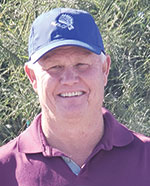 Scott Watkins, longtime Phoenix-area professional golfer and golf instructor, moved his teaching operation from ASU Karsten Golf Course to Papago Golf Course. The change marks a homecoming for Watkins, who learned the game at Papago under the tutelage of his father, Arch, the club’s first head golf professional from 1963 to 1981.
Scott Watkins, longtime Phoenix-area professional golfer and golf instructor, moved his teaching operation from ASU Karsten Golf Course to Papago Golf Course. The change marks a homecoming for Watkins, who learned the game at Papago under the tutelage of his father, Arch, the club’s first head golf professional from 1963 to 1981.
“My dad started as a golf instructor at Arizona Country Club in 1960 before moving to Papago in 1963,” said Scott. “Likewise, I also taught at Arizona Country Club, and now I am thrilled to return to Papago. Only difference is, I made a stop at ASU Karsten in between.”
Given his father’s line of work, one would think Scott’s journey in the game began like so many top players – as a toddler – however, as it turned out, he spent most of his time playing everything except golf, especially baseball. He even tried football, but at 5 feet and 100 pounds, it was tough sledding.
Then in eighth grade, Watkins “played golf with a good pal who was a four handicap and kicked my butt” on the golf course. This was all the motivation he needed to pour his time and effort into the game.
With his dad looking on, Watkins improved quickly and dramatically: “We’d be out there six days a week,” Watkins said. “In September of my freshman year, I shot 100 at Papago, by April I shot 73.”
Astonishingly, only eight years after picking up the game, Watkins earned his way to the PGA TOUR at 22 years and 4 months old.
But before turning pro, Watkins’ amateur career began at Scottsdale’s Coronado High School where he led the golf team to three state championships. He earned both Pac-10 Player of the Year and First-Team All-American honors in 1979 as a Sun Devil (1975 to 1979).
On tour, Watkins made 34 cuts in 90 events from 1980 to 1984 with a T18 career best in 1982 at the Bay Hill Classic. After realizing tour life wasn’t for him, Watkins returned to Phoenix to begin a career as an instructor.
When discussing the people who influenced the way he teaches the game, Watkins’ father certainly came up, and so did one of “golf’s most complex and eccentric characters,” according to Golf Digest – Mac O’Grady.
“He influenced my teaching a lot as well because it was about geometry, physics and human anatomy, and the scientific research behind it,” said Watkins, who first ran into O’Grady on the practice tee during a tour event in 1984 where O’Grady was peeling off “skyrocketing-high 3 irons.”
“I couldn’t get the ball off the ground,” Watkins said. “I watched Mac O’Grady on the range one day, flipped a bucket upside down, sat and watched him for an hour. I finally said to him, “How do you do that; how are you hitting the ball so high?’”
That’s when O’Grady introduced Watkins to a groundbreaking, albeit controversially, book The Golfing Machine by Homer Kelley. Watkins bought the book and studied it that summer while getting some help from O’Grady, which was bearing fruit until Watkins hit a wall.
“I just got homesick, just didn’t like the life,” he said. So, he decided to return home to teach and compete in local PGA section events.
Watkins won the Southwest Section PGA Championship four times and the Arizona Open once. The local PGA wins came with exemptions into PGA TOUR tournaments in Phoenix, Tucson and Las Vegas. From 1997 to 2002, Watkins entered 15 events, made three cuts and finished his last tournament on tour with a T64 performance at the Tucson Open.
It was during Las Vegas tour events that Watkins met up with O’Grady again. He “ran into Mac in Vegas, which is ironic because there’s three golf courses, but I ran into him two years in a row during practice rounds. So it was destiny for me to hook up with him. Ever since 1988, I’ve been associated with Mac.”
Watkins first approaches each student through the scientific lens he honed in part by working with O’Grady, and then he “figures out the best ways to approach it to make it simple for the student to understand what they need to fix.”
“And I still to this day use a lot of the drills my Dad used,” Watkins said. “I also learned from my Dad the need for communication skills, everybody learns differently: there’s visual learners, auditory learners and kinesthetic learners. You have to teach them in their learning style. My Dad had so many different approaches to fix the same problem. He probably wasn’t paying attention to the different learning styles, but he covered them with the vast number of drills for any one fix. If it doesn’t work, you’re dead in the water. So you just have to learn how to come up with different ways of explaining it until they get it.”
Watkins’ career spans the Nicklaus/Watson era to the Mickelson/Woods era to the Spieth/Thomas era, and according to him, equipment drives many of the changes in the golf swing over the years.
“The swing has evolved with the equipment,” Watkins said.
He then cited a throw-back-type tournament he played back in 2005 in honor of George Boutell, Watkin’s golf coach at ASU who passed away in 2018. They used pre-1980 equipment such as wound balls and wooden woods with steel shafts. “Nobody could get the driver off the ground,” he said.
A peek at an old yearbook sitting around at the after-golf party revealed the reason: “I looked at it and everybody had a big ‘reverse C’ back then, and it occurred to me, we all reverse C-ed to get those long clubs up in the air. Nobody reverse Cs anymore because the equipment can knock it up into the air.”
This is a good example of the sharp eye and seasoned perspective Watkins brings to the table, a table he now sets at Papago Golf Course for anyone hungry for success on the golf course. Good news: He is always willing and able to change up the menu to suit each students’ unique appetite for golf, a practice he learned firsthand from the first head pro of Papago.
In 1991, Arch Watkins (1925-1995) was recognized as the Southwest Section PGA Teacher of the Year, an honor Scott would duplicate in 1994. A year later in 1995, Arch earned the Southwest PGA Anser Award honoring individuals who positively influenced the history of golf in Arizona. And in 2009, Arch Watkins was inducted into the Southwest Section PGA Hall of Fame.
To schedule a lesson with Scott Watkins, call 602.330.4217, or email scott@scottwatkinsgolf.com.
To reserve a starting time at Papago Golf Course, visit www.papagogolfcourse.net, or call 602.275.8428.


 Scott Watkins, longtime Phoenix-area professional golfer and golf instructor, moved his teaching operation from ASU Karsten Golf Course to Papago Golf Course. The change marks a homecoming for Watkins, who learned the game at Papago under the tutelage of his father, Arch, the club’s first head golf professional from 1963 to 1981.
Scott Watkins, longtime Phoenix-area professional golfer and golf instructor, moved his teaching operation from ASU Karsten Golf Course to Papago Golf Course. The change marks a homecoming for Watkins, who learned the game at Papago under the tutelage of his father, Arch, the club’s first head golf professional from 1963 to 1981. 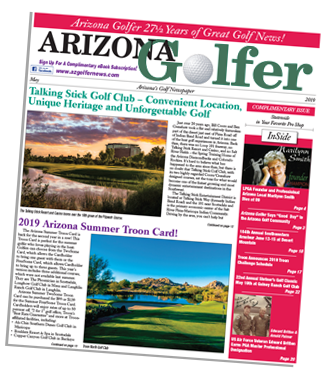






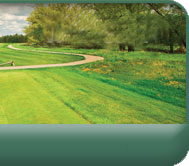

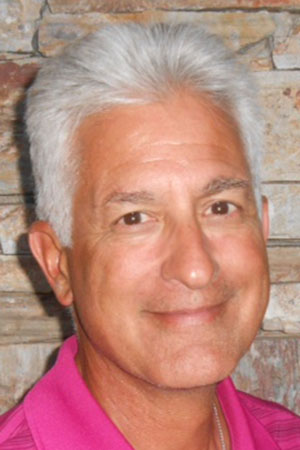 Greg
Greg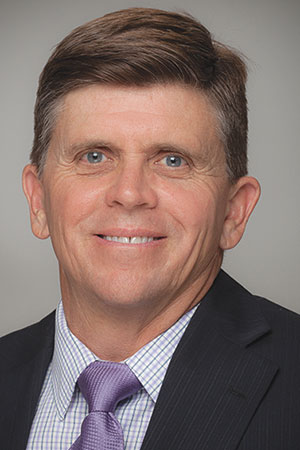 Mark
Mark John
John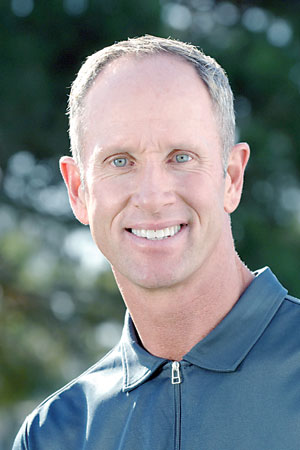 Scott
Scott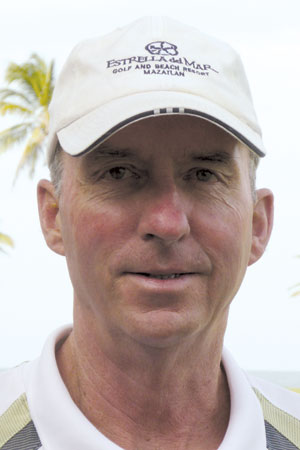 Kim
Kim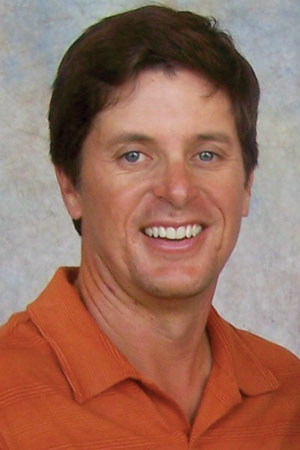 Jeff
Jeff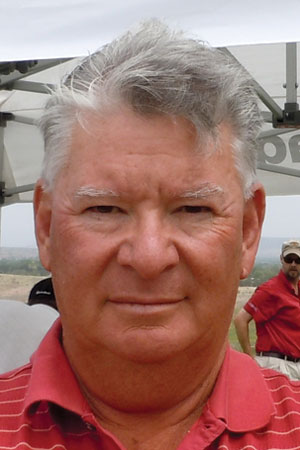 Tom
Tom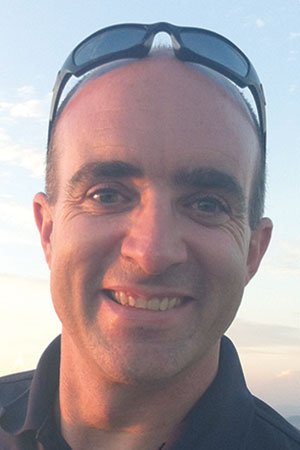 Rob
Rob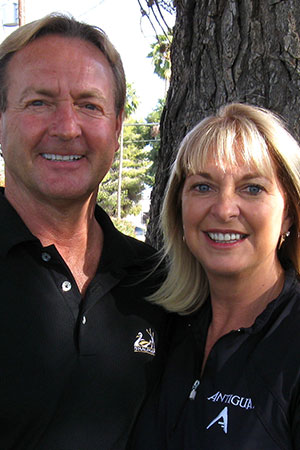 Alice and Danny
Alice and Danny